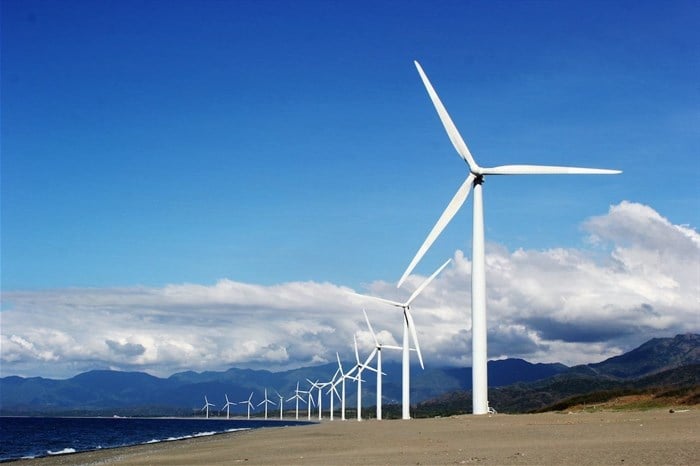
Currently, some contractual parties pay little attention to the clause, using it in standard, boilerplate formats of either all-in clauses covering almost any “act of God” or lists that includes several adverse eventualities like hurricanes, wars and terrorist attacks. But climate change and the many unexpected weather patterns it is bringing about globally means that force majeure clauses should not only include destructive weather-related events like floods and storms.
Legal advisors must also provide for the lack of weather conditions like wind or sunshine that could significantly affect the quality and quantity of natural resources that fuel the production of renewable energy. The best route to take is to draft a force majeure clause that encompasses weather conditions that could affect the expected performance of a renewable energy facility.
Companies that own renewable projects typically undertake financial modelling for their projects in the development phase. The model covers all the stages of the project – from inception to decommissioning – and considers factors like historical weather data and the technology that is used.
The objective is to get a full picture of what the total revenue of the facility will be over its lifetime. But because of climate change, businesses can no longer rely on historical weather information such as wind data to help develop an accurate financial model. We are seeing significantly less windy conditions in some geographical areas, which affects the production of wind energy.
Some wind farms in the Eastern Cape have experienced their worst operating periods in the past two years due to lower wind availability. They are unable to harvest enough wind to meet their production targets, with the result that they deliver less wind energy to their clients.
We have always been concerned about adverse weather events such as flooding, tornadoes and earthquakes. But business performance is evidently also being affected by the absence of certain weather conditions which have never been catered for in force majeure contracts before.
In future, lawyers will have to be pro-active and diligent in envisaging what the potential impact of climate change will be on renewable energy projects and their production – and draft force majeure clauses accordingly.
It follows that businesses and sectors that use and rely on renewable energy could also be affected by adverse weather conditions, including the mining, manufacturing, industrial and agriculture sectors.
Any weather anomaly can have a disastrous impact on renewable energy facilities. Flooding can prevent access to facilities or completely submerge the facilities, and seismic activity could disturb the delicate balance of wind turbine facilities. Geographical location is now a much bigger factor in deciding which renewable energy sources and technologies businesses opt for.

When a force majeure clause is worded correctly, for example by defining an event as an act of God or a weather event caused by climate change, the clause can be defended in a court of law or in front of a legal tribunal. This is because the signatories to the contract have agreed, by signing the contract, that climate change is not foreseeable.
I think it is unavoidable that we will have to take this to court sooner or later. There will be disputes where one party needs to prove that a weather event was caused or is linked to climate change. Some might be upset if the traditional view of force majeure is overturned, but this will be a development of our legal system.
There is not yet a local and international legal precedent for the enforcement of force majeure clauses covering unexpected weather patterns related to climate change. International case law is only beginning to address the matter, with most of the case law emanating from the United States. International rulings are relevant to South Africa in the sense that the country refers to English case law rulings in some areas like construction law.
There needs to be a greater awareness that climate change and new weather patterns are increasingly having an impact on businesses. We have to act now and put provisions, clauses and systems in place that will protect our clients in various business sectors for the next 20 years.
Businesses typically enter long-term contracts, which implies that you have one chance to protect the business against the risks it will face in the course of its activities. In the worst-case scenario, a business needs to be protected against not meeting its debt coverage ratios and its loan being called up by its financial institution as a result. It is prudent to follow a new way of thinking and be pro-active in protecting your enterprise instead of waiting for disruptive or damaging events to occur. Climate change is affecting us here and now.